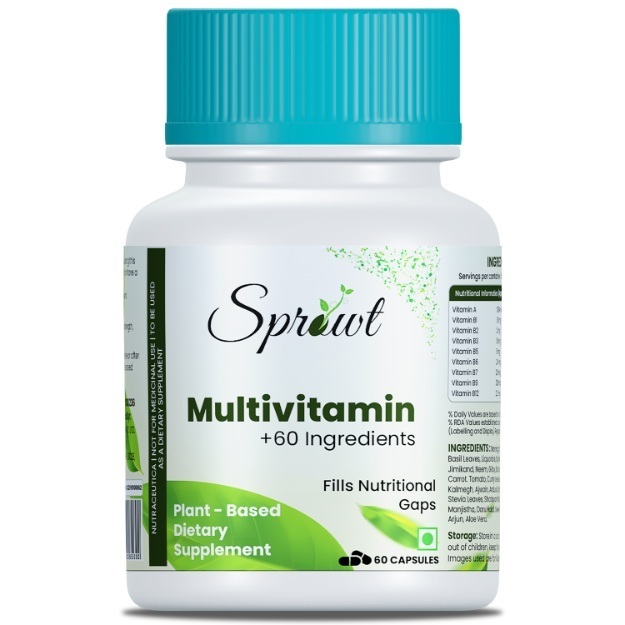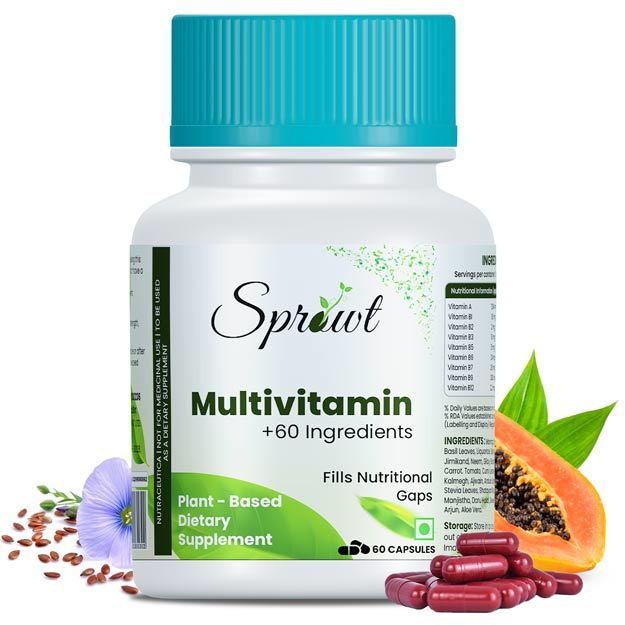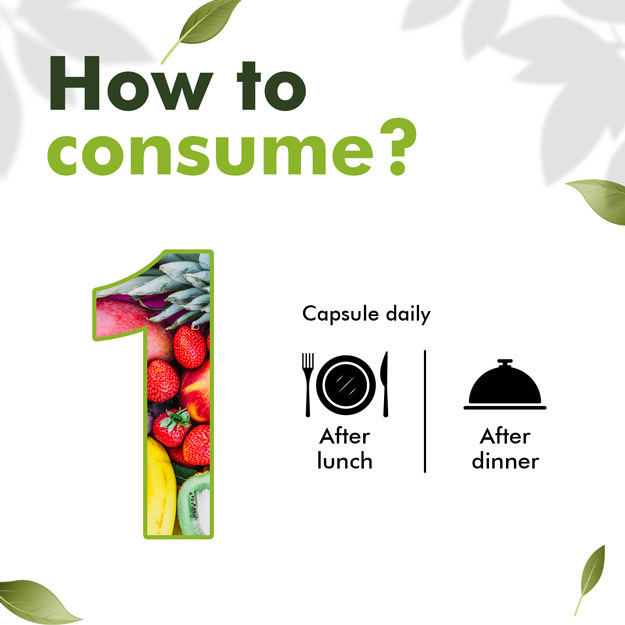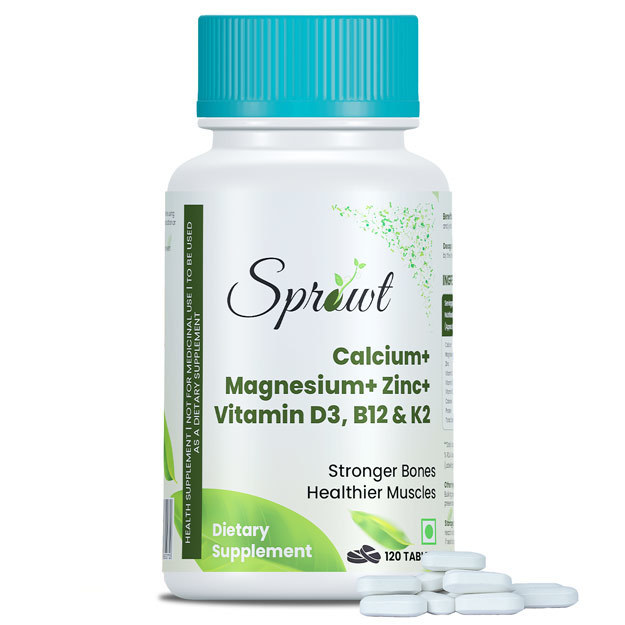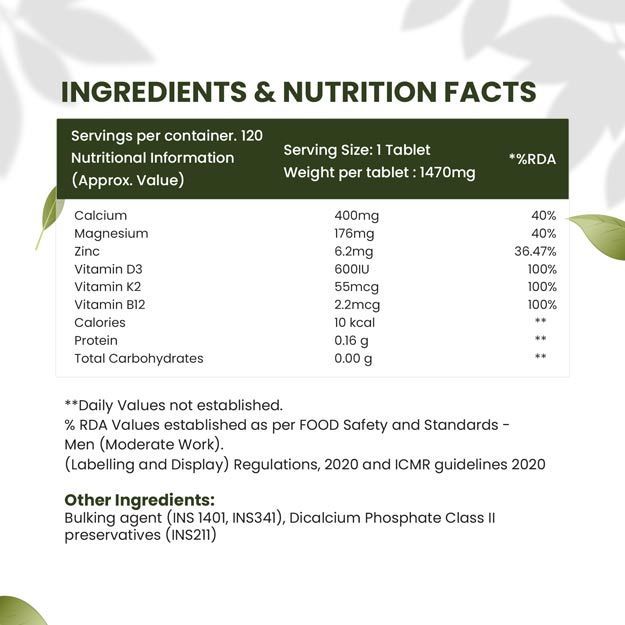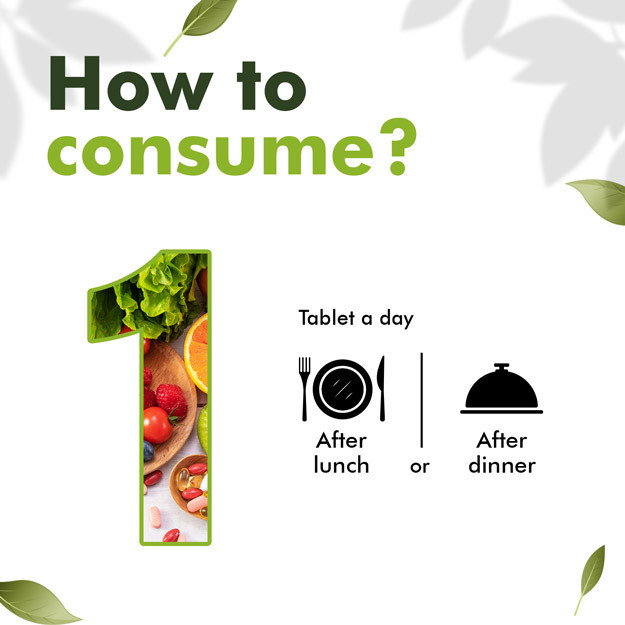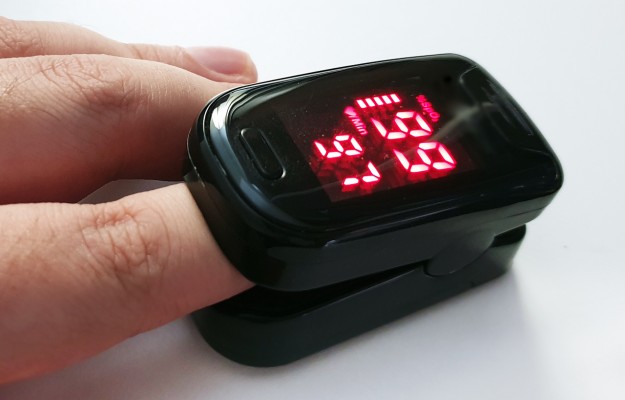What Is Blood Oxygen Level?
Blood oxygen level is the amount of oxygen present in the blood. Most of the oxygen is in red blood cells, which collect oxygen from the lungs and transport it to all parts of the body. Your body keeps a close watch on blood oxygen levels at all times to keep it within a range - that is, it should have a maximum and minimum number. This ensures that every cell gets the right amount of oxygen. Normal oxygen level is between 95 and 100 percent when measured with a pulse oximeter.
The level of oxygen in the blood is an indicator of how well the body is able to distribute oxygen from the lungs to the cells, and it is important for your health. Know further what should be the normal blood oxygen level and how it can be measured.
Read More - (Oxygen cylinders)




